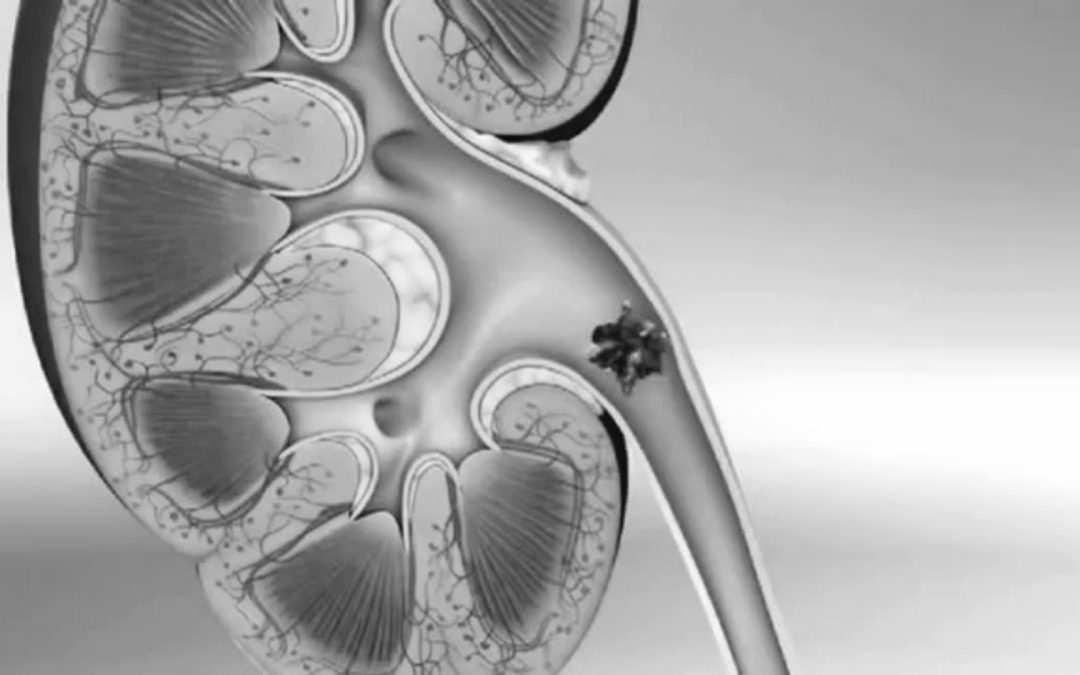Researchers at Mayo Clinic found that a diet rich in potassium and calcium can prevent the development of symptomatic or recurrent kidney stones.
Potassium and calcium rich diets may help prevent recurrent symptomsatic kidney stones.
Kidney stones can cause severe pain and are also associated with osteoporosis, chronic kidney disease, and cardiovascular disease. A 30% chance of developing another kidney stone in the next five years is present if you have already had one.
Doctors will often recommend changes to your diet in order to prevent the formation of recurrent kidney stones. There is not much research on diet changes for people who have had one kidney stone or recurring cases.
Researchers at Mayo Clinic designed a prospective study to examine the effects of diet changes. Their results showed that a diet rich in potassium and calcium may help prevent the development of symptomatic or recurrent kidney stones.
The study involved 411 patients with first-time symptomatic renal stones. A control group of 384 participants was also included. The questionnaire that was administered to all participants between 2009 and 2018 revealed the diet factors. These findings will be published in Mayo Clinic Proceedings on August 1.
The median time for recurrence of stones in patients with first-time formation was 4.1 years. Further analysis showed that recurrence was predicted by lower levels of dietary potassium and calcium.
Andrew Rule, M.D., Mayo Clinic nephrologist, and senior author of this study, says that these dietary findings could be particularly important because they are based primarily upon dietary factors associated first-time, rather than recurrent, stone formation. While patients may not want to change their diet in order to prevent the occurrence of kidney stones, they will be more inclined to do so if it is possible to prevent recurrence.
The study found that fluid intakes below 3,400ml per day (or nine 12-ounce glasses) are associated with the formation of first-time stones. Fluid intake daily includes intake from fruits and vegetables.
A low intake of fluids and caffeine can lead to decreased urine volume and an increase in urine concentration. This can contribute to the formation of stones. Phytate, an antioxidant compound found in whole grains and nuts, can increase calcium absorption and urinary excretion.
Dr. Rule says that changing your diet to prevent kidney stone recurrence can be difficult. Knowing the most important dietary factors for kidney stone prevention can help patients and their providers prioritize.
Api Chewcharat M.D. was the first author of the article and was a postdoctoral fellow at Mayo Clinic. However, high fluid intake is important. Patients with a history or kidney stone formation did not benefit from increasing fluid intake.
According to the study, a daily intake of 1,200 mgs of calcium can help prevent kidney stones from recurring and first-time. This daily recommendation is consistent with the Department of Agriculture’s recommended nutrition.
Higher potassium intake is also recommended. However, the USDA doesn’t recommend a daily intake of potassium. A recommended intake level was not established by the study.
Dr. Chewcharat states that patients should eat more vegetables and fruits that are rich in potassium and calcium. Bananas, grapefruits and cantaloupes are all high in potassium. Vegetables include tomatoes, potatoes, peas, cucumbers, and zucchini.

